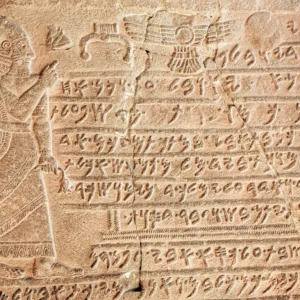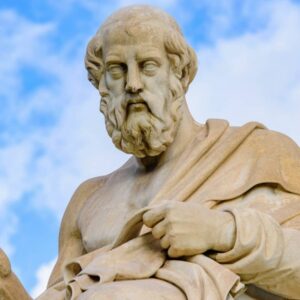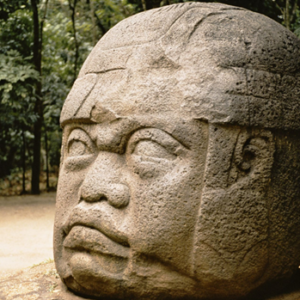Edition 2 - S24
-
How did the Phoenicians affect Greek and Latin languages and cultures?
Arguably the two most culturally significant languages in the world: Greek and Latin, share a common linguistic root: Phonecian. This intricate connection which has developed from trade, cultural diffusion and mythological influences is…
-
Atlas: more than the man who holds up the sky?
Atlas was a Titan condemned to hold up the heavens for eternity after the Titanomachy - the ignominious defeat of the Titans to the Olympian gods led by Zeus and his allies. However,…
-
Attitudes to Ruins in Classical Antiquity
Literature from classical antiquity is riddled with references to the transience of everything in this world: Heraclitus famously says ‘nothing is permanent except change’[1]and Herodotus states ‘human prosperity never continues in the same…
-
The Aeneid: Augustan Propaganda or Virgil’s Admonition of Imperial Rome
Ostensibly, Virgil’s Aeneid is an epic effusive in its praise and admiration for Emperor Augustus and it has been regarded thus by most readers since. Virgil primarily achieves this through the parallels drawn…
-
How did Plato’s physique affect the impact of his ideas?
Plato is known throughout the world as one of the most accomplished and influential thinkers of all time. However, there was another aspect of his for which he would have been equally admired…
-
The Olmec tribe
Did the Olmec Tribe have an advanced civilisation?The Olmecs were one of the major civilizations in Mesoamerica...






